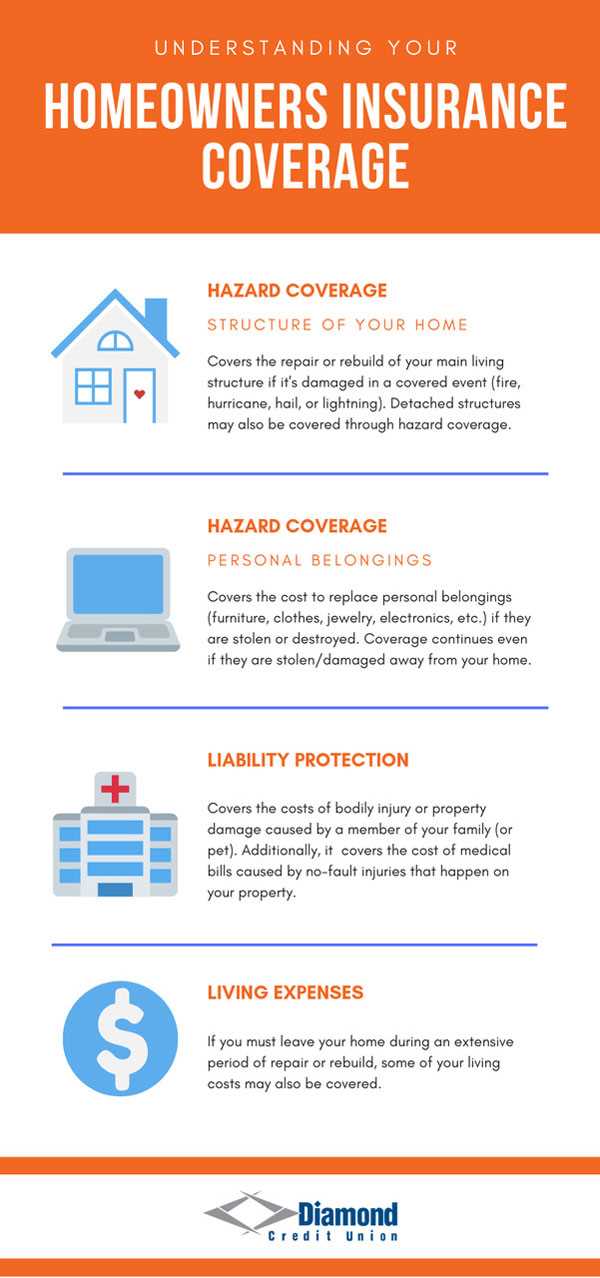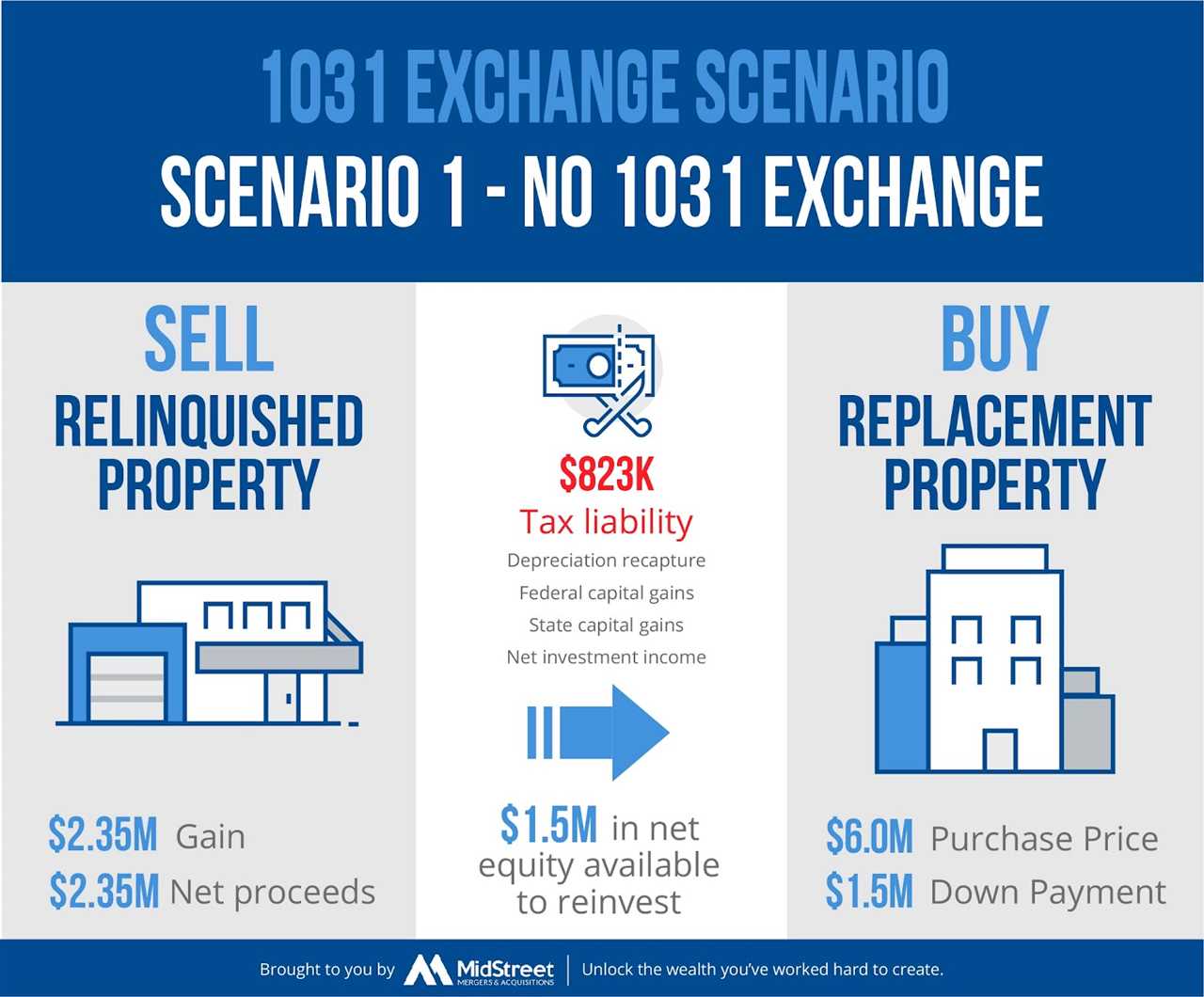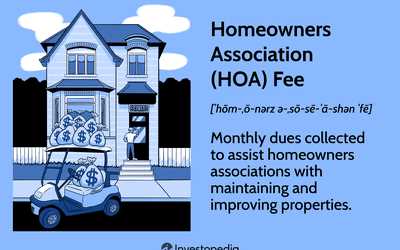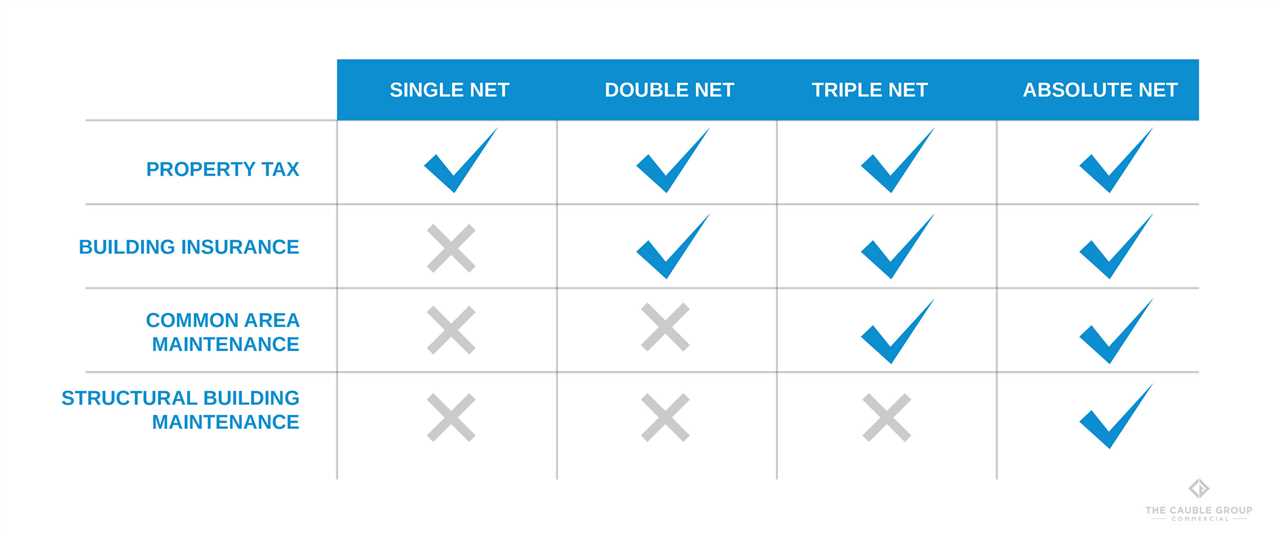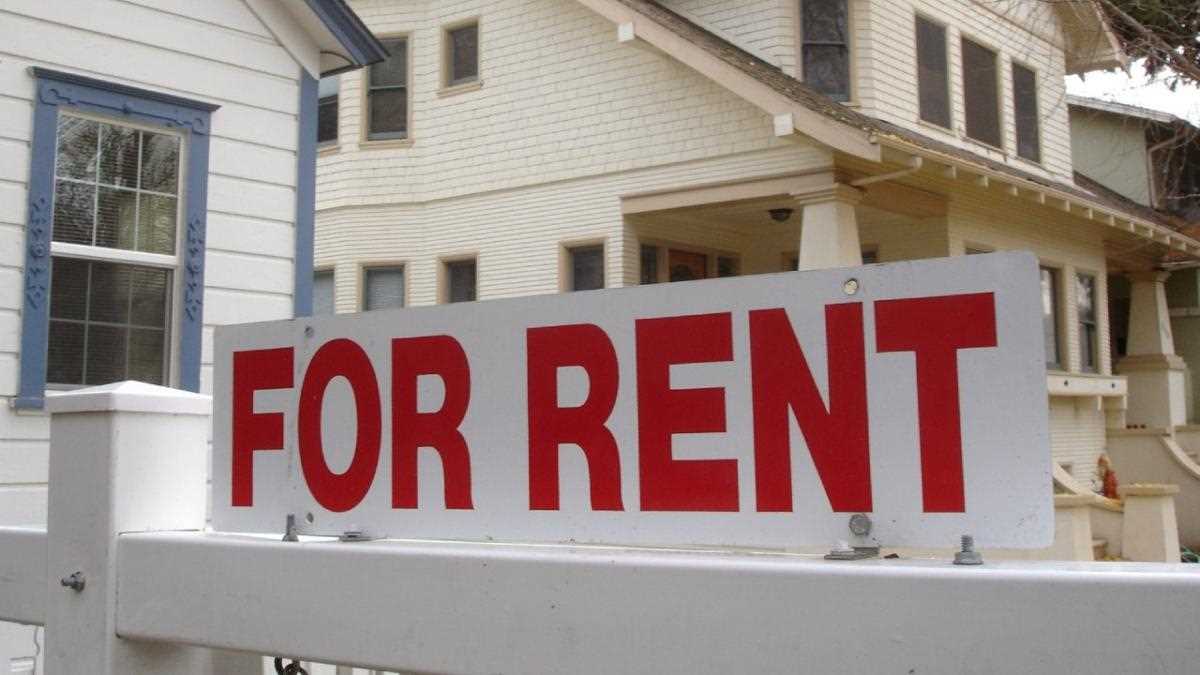The Real Estate Settlement Procedures Act (RESPA)
What is the Real Estate Settlement Procedures Act? The Real Estate Settlement Procedures Act (RESPA) is a federal law in the United States that was enacted in 1974. It is designed to protect consumers by ensuring transparency and fairness in the real estate settlement process. RESPA applies to most residential … …



